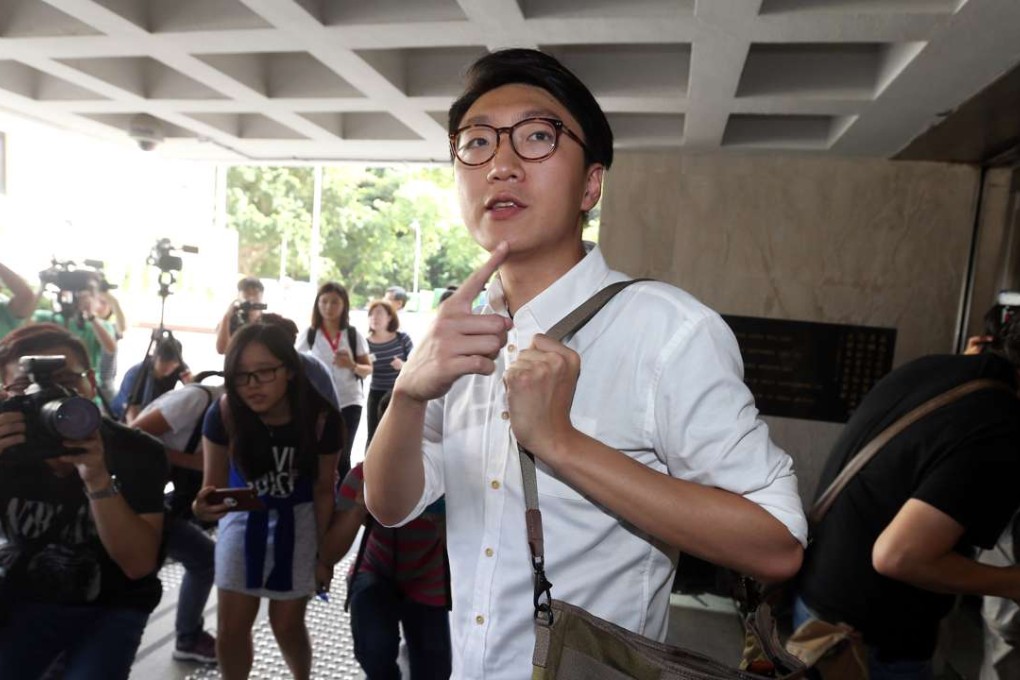Setback to legal challenge against new Hong Kong election rule
High Court decides against immediate hearing on requirement that Legco hopefuls sign declaration stating city is part of China, while Legco president warns against barring candidates

The High Court on Wednesday refused to immediately hear the first legal challenge to a controversial new electoral rule targeting advocates of independence, even as the head of the legislature warned the government against shutting out candidates.
High Court judge Mr Justice Thomas Au Hing-cheung said he saw no urgency in dealing with pan-democrat and localist hopefuls’ applications for a judicial review before the nomination period for September’s Legislative Council elections ends on Friday.
One application was filed by independence advocate Edward Leung Tin-kei, who is running in New Territories East, and the other was filed by two pan-democrats, Avery Ng Man-yuen and Chan Tak-cheung.
Both are challenging the Electoral Affairs Commission’s legal right to make all Legco candidates sign a new form – a supplement to the standard declaration – to acknowledge three parts of the Basic Law that state Hong Kong is an inalienable part of China.
The challengers argue that the commission has acted beyond its powers, and accuse the government of political censorship.
Explaining his move, Au noted that the commission had yet to decide whether to accept Leung’s nomination. Should his nomination be rejected, Leung could still mount a challenge after the election against the commission, the judge said.